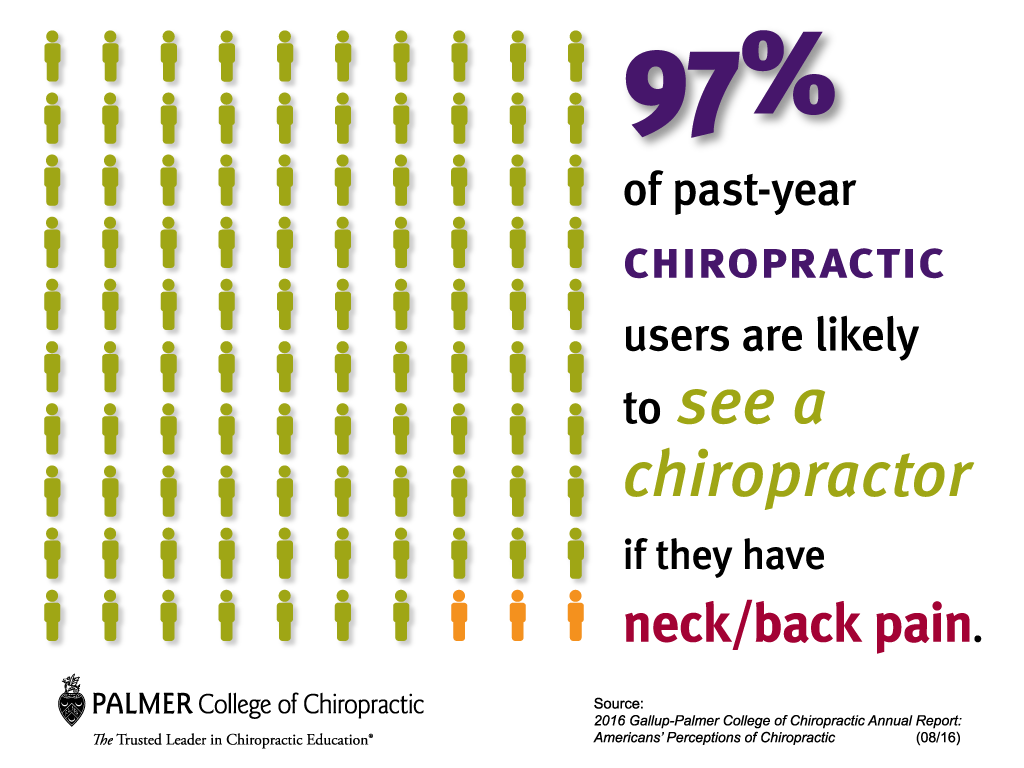The Impact Of Diet On Pain In The Back Monitoring: Foods To Include And Foods To Leave Out
The Impact Of Diet On Pain In The Back Monitoring: Foods To Include And Foods To Leave Out
Blog Article
Writer-Singer Jordan
When it pertains to managing your neck and back pain, the food choices you make can substantially impact exactly how you feel daily. Picture being able to alleviate your pain simply by readjusting what you eat. By understanding the duty of nutrition in pain in the back administration and understanding which foods to include or avoid, you can take aggressive steps in the direction of a much healthier and much more comfy way of living. The link between nutrition and back health is a lot more profound than you may recognize-- let's explore just how specific foods can either relieve or intensify your pain in the back.
Significance of Nutrition in Back Pain
Nourishment plays a critical duty in managing neck and back pain. https://chiropractorsdoctorsnearm95948.anchor-blog.com/12407424/a-beginner-s-overview-to-recognizing-different-sorts-of-pain-in-the-back-causes-and-treatments can dramatically influence inflammation degrees and general pain levels in your back. Taking in a well balanced diet regimen rich in nutrients like vitamins D and K, calcium, magnesium, and omega-3 fats can help reduce swelling and reinforce bones, which are essential for back health and wellness.
Additionally, maintaining a healthy and balanced weight via proper nutrition can minimize stress on your spinal column, minimizing the risk of back pain.
Moreover, specific nutrients like antioxidants found in fruits and vegetables can help combat oxidative anxiety and promote healing in the body, including the back muscle mass and back.
On the other hand, consuming excessive amounts of refined foods, sweet drinks, and harmful fats can add to swelling and weight gain, aggravating pain in the back.
Foods to Eat for Back Health And Wellness
To support a healthy and balanced back, including nutrient-rich foods into your everyday dishes is key. Consisting of foods high in antioxidants like berries, spinach, and kale can help reduce swelling in your back, easing discomfort and pain. Omega-3 fatty acids discovered in fatty fish such as salmon and mackerel have anti-inflammatory residential or commercial properties that can profit your back wellness.
Furthermore, eating nuts and seeds like almonds, walnuts, and chia seeds gives crucial nutrients like magnesium and vitamin E, which sustain muscle function and lower oxidative stress and anxiety. Including lean healthy proteins such as hen, turkey, and tofu can aid in muscle repair and maintenance, advertising a strong back.
Don't fail to remember to consist of dairy products or fortified plant-based choices for calcium to sustain bone health and wellness. Last but not least, moisturize with plenty of water to keep your back discs hydrated and operating ideally. By consisting of these nutrient-dense foods in your diet, you can nourish your back and support overall spinal wellness.
Foods to Prevent for Pain In The Back
Go with avoiding refined foods high in added sugars and trans fats when seeking relief from back pain. go to this web-site of foods can contribute to swelling in the body, which might intensify neck and back pain. Say no to sweet snacks sweet, pastries, and sugary beverages, along with junk food things like burgers, fries, and fried chicken that are commonly packed with trans fats.
Additionally, avoid foods consisting of high degrees of polished carbohydrates, such as white bread, pasta, and pastries, as they can spike blood sugar degrees and potentially intensify inflammation in the body.
It's likewise smart to limit your consumption of foods high in saturated fats, like red meat and full-fat milk products, as they can add to swelling. Refined foods like delicatessens meats, chips, and packaged snacks are usually high in hydrogenated fats and must be eaten in small amounts.
Conclusion
To conclude, focusing on your diet and making smart food options can have a considerable influence on managing neck and back pain. By incorporating nutrient-rich foods like berries, fatty fish, nuts, and lean proteins, and preventing processed and sugary items, you can help reduce swelling and support generally back health. Keep in mind, what you eat plays an essential role in just how you really feel, so make sure to prioritize your nourishment for a healthier back.
